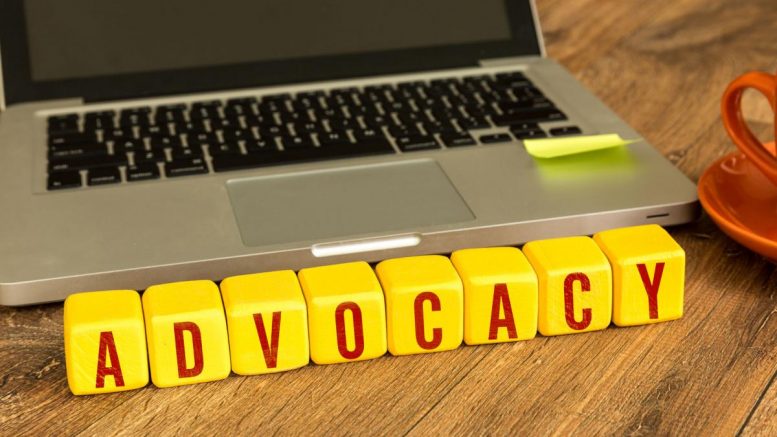In my over three decades of career, I have saddled diverse roles across different industries. My entry into communications was a mix of passion, destiny, luck, and being at the right place at the right time. It was also a case of being willing to grab opportunities as they came my way and always being open to learning. Moving to public affairs and policy was then but, a natural progression.
Having handled corporate communications, CSR communications and public affairs, I can vouch for the underlying fundamentals that are common across all these three functions. Irrespective of the function you are in, context and messaging will always remain paramount. What to communicate, how, when and how to help your customers and stakeholders understand what the messages are – as communicators we know this is the lynchpin for any kind of engagement. Including policy advocacy.
What differs in advocacy is the understanding of the subject. Here is a tool kit that has helped me navigate my way in public affairs.
- Go back to history
The first and foremost step is to understand how the government functions. What is the hierarchical structure within the polity? What is the file movement within the machinery? How do decisions get made? What has been the history of policy decision making in the country? Read about the parliament and its functioning. Network with public policy professionals to find your way through this first step. How about job shadowing a public affairs professional in your organization? Get going on the basics.
- Fine tune your communications skills
I cannot overemphasize this. Your ability to convey your key message and point of view is crucial. Technology is changing the game for communications. Are you up to it?
- Focus on finding commonalities
In policy advocacy, it is important to find a common ground and have the organization’s agenda and purpose aligned with that of the government’s. Do your research and find out the common grounds that you can use to advocate for the change that you think will be a win-win for everyone. Listen to that common ground where you could clinch the deal.
- Involve the activists
No one can deny the increasing role of not-for-profits and activists. They help maintain the right checks and balances in any policy decision. It is important as communicators, you engage with them and embrace them for their views. NGOs are the watch-dogs of any society and we need to hear their voice and bring their concerns in the decision making process.
- Look for new answers
If there is one takeaway that I could list from my experience in policy advocacy, it would be this – go with solutions to the government. We often do the mistake of going with our problems. The government has enough problems to handle. What it is looking for is innovative solutions and new answers for solving those problems. How can you collaborate and partner with the government? Work with your leaders to draw up on the diverse groups of decision makers within the organizations to ensure new alternatives and models for partnerships.
- Compromise but never on principles and values
Policy advocacy is also about meeting the government half way and agreeing to compromise. Learn the fine art of negotiation and be ready to compromise after considering your principles. Never ever give up on your ethics, integrity and values.
- Patience. Patience. Patience.
Policy advocacy is a long game. There are no short cuts. It is all about building relationships and creating a value proposition. You need to have patience; loads of it, to see the fruits of your advocacy. You also need to learn to deal with set backs, which is so common in this field. Governments may change. Factors like globalization and external threats can impact the policy environment of your country and very often you may find yourself beginning all over again. Nevertheless, you will need to continue and stay focused on the tasks.
To summarise, policy advocacy is all about right communications, right messaging, right intent and the right context. Go for it.



Be the first to comment on "Can communicators be policy advocators?"